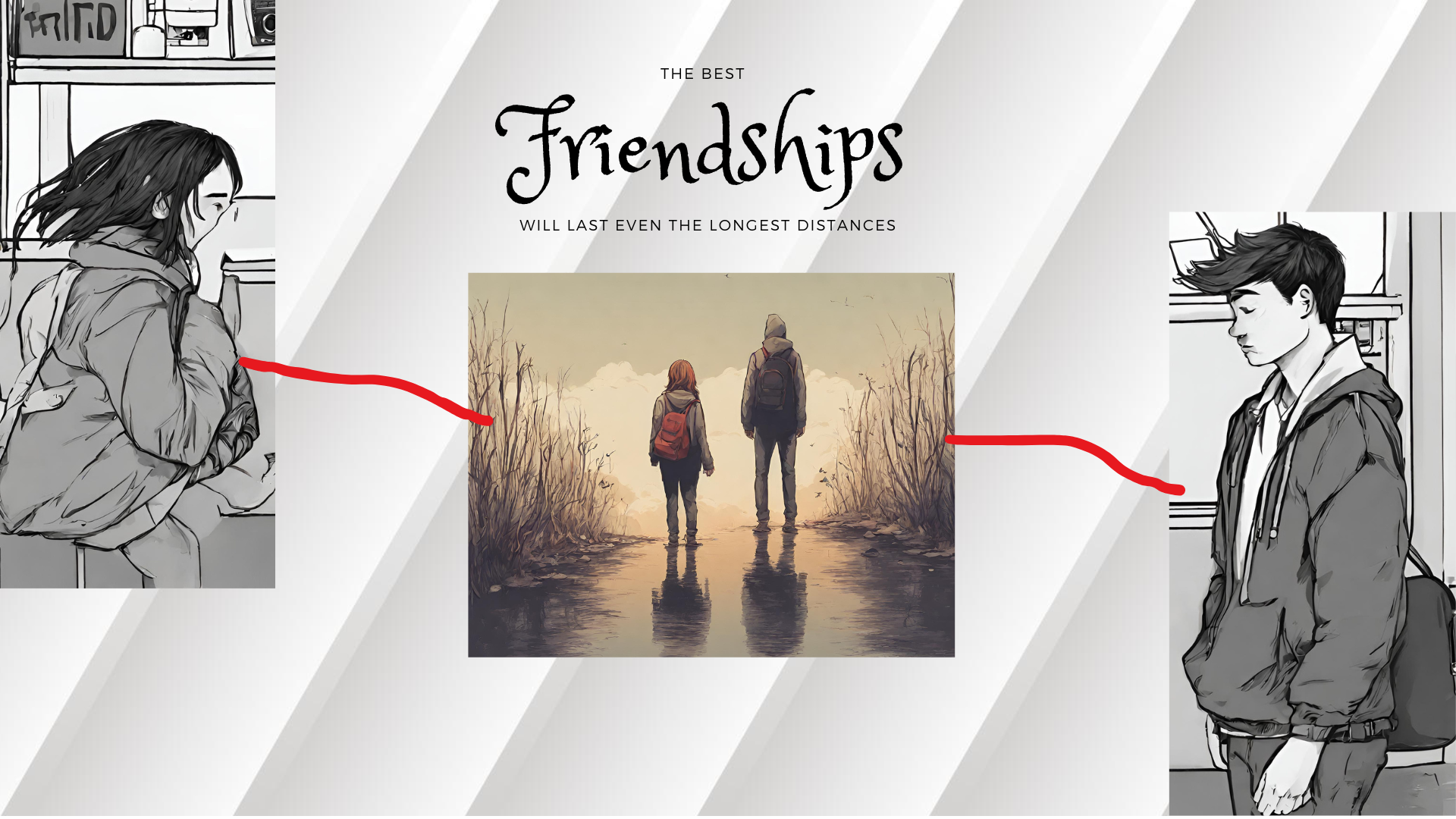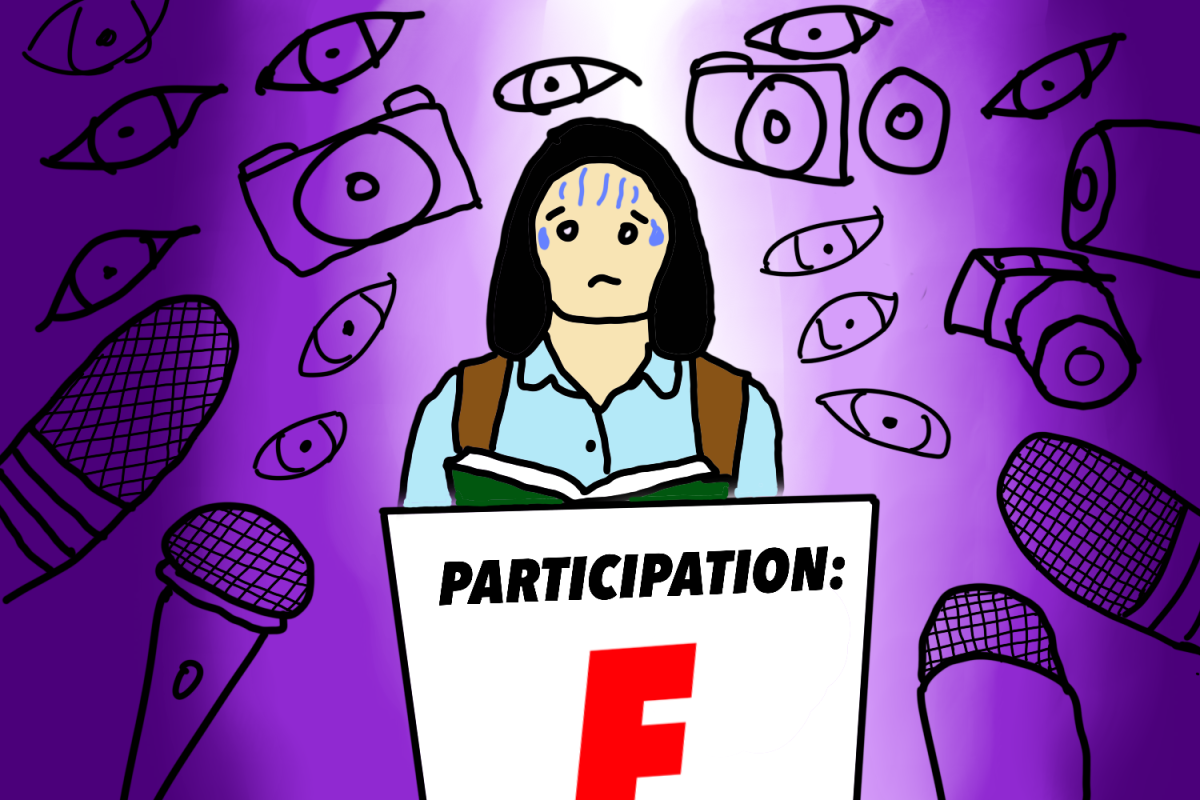When my best friend told me she would be moving almost across the country to Tennessee one month before the end of eighth grade, I was, obviously, taken aback and sad but surprisingly unworried. I knew that whatever happened and however far she ended up actually moving, we of all people, would be able to keep in touch. After all, we had no problem texting each other outside of school, calling each other during breaks, and catching up on things that happened while we were apart. Looking back, that sense of comfort was because of the trust I had in our friendship; I trusted that it would last, and that wasn’t only because of the reassurance my friend gave me as she playfully commanded me to call her constantly. Both of us fundamentally understood that the best friendships, including the friendships like ours, could endure even the farthest distances. This principle applies to all friendships, because the friendships that are the closest are the ones that can handle trials and tribulations like moving.
People striving to maintain friendships are willing to “go the extra mile,” which helps maintain bonds across long distances. We live in a society where we are able to connect to each other not only through methods like sending letters and postcards, but also through texting and calling each other. Communication is literally at our fingertips, and truth be told, texting each other “wyd” or “how was ur day?” is not an outrageously complicated feat; asking that of people who are supposedly best friends is the bare minimum. People who want to maintain a close friendship will take measures to continue that, strengthening their communication. Though it is simple, communication exhibits someone’s willingness to take that extra mile in the sense that they are consistently putting effort, even in the face of things like a busy schedule or time difference, to keep a friendship alive.
People who are close friends also have understanding. In situations where two people are far apart, having empathy for one another in difficult situations is crucial to keep friendships working. Being open-minded and willing to simply listen to people, whether it is something as miniscule as a hobby they are exploring and all the way to goals they are working towards create room for people to feel connected.
Being connected is also, unironically, one of the key factors close friendships have that allow them to remain strong even in tough situations. Kavitha George and Clare Marie Schneider from National Public Radio recommend doing this through forming an anchor for friendship.
“An anchor is something that you have in common that acts as a trigger to reach out to each other. Maybe you both love cooking, so you each send photos of the new dishes you make with a link to the recipe,” described both.
A friendship isn’t necessarily something that is only defined by seeing each other everyday—in the simplest terms, a friendship is the memories you share. It’s the way you giggle obnoxiously over inside jokes others might not find funny. It’s making room to hear each other out, being willing to reach out and ask how someone is doing. And who’s to say you can’t do just that from far away?
Graphic courtesy of PATRICK CHENG








